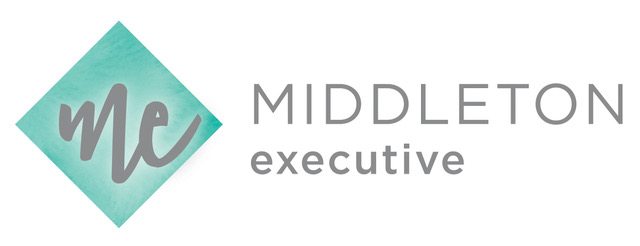By Georgia Hart.
Starting a new job only to realise soon after that it was a wrong decision can be a deflating and sometimes humiliating experience. Many times I’ve spoken with IT professionals who have left a job they’ve just started, often with similar reasons.
Reasons including:
“I was mis-sold the role.”
“The role wasn’t what I expected.”
“The company changed direction.”
“The skills required didn’t match my experience.”
When you want something or someone enough, such as a new job role or a particular job applicant, it’s easy to see the situation with rose-coloured glasses meaning red flags are missed or are sometimes overlooked. It’s important to keep in mind that a job interview is a two-way street; an opportunity for both the jobseeker and the employer to qualify, as much as possible, the potential fit for the role.
There is only so much you can research you can do to qualify a company or job role, so how do you open up the job interview conversation to enable an objective assessment?
I’ve compiled a list of questions to assist you in qualifying a prospective job role and employer; questions that will also help to demonstrate to your interviewer your level of interest in the company, and how serious you are about the job opportunity.
Here are seven things to consider during your job interview…
1. Determine why the business is hiring and where you currently stand in the process.
It’s important to find out why the job has become available and how far the company is into the recruitment process.
Suggested questions:
- Why has the role become available?
- How long has your company been looking to fill this job?
- How many people are you interviewing for this role? How do I compare to them?
- What are the job interview stages and how far along am I in this process?
- What does the rest of the job interview process look like?
- When do you need to commence this role?
2. Explore the responsibilities of the job role.
Suggested questions:
- Is there anything not included in the job description that will be expected of me?
- What technology and tools are used in this role?
- What specific methodologies does the company use?
- What will my day-to-day tasks include?
- What project(s) will I be working on?
- What budgets will I be working with?
3. Explore what the expectations of the role/ company are.
Suggested questions:
- What does the on-boarding process look like?
- What will my first week look like?
- What do you expect of me in the first 3, 6, 12 months?
- What do you expect will be my biggest challenges in this role?
- Will I be expected to/ get to learn new technologies?
- What’s the one thing the successful person will need to bring to this role?
- Who am I going to work with the most and what is their responsibility? Can I meet them?
- Will I meet my future manager during the recruitment phase?
- Does the company support flexible work practices?
4. Explore the company’s direction.
This will help you understand job security, your potential career path and opportunity for success.
Suggested questions:
- Does the company have any other confirmed hiring plans?
- Where do you see the company in the next few years? How will my role contribute to this?
- What is the company’s vision/ growth plans?
- What are the current challenges and pain points the company is facing?
- What are the current business objectives/ goals?
- Who are your biggest competitors?
- If it’s a start-up: What round of funding are they at?
5. Identify career progression opportunities.
It’s also important to seek information on how the company will support you within the company structure.
Suggested questions:
- Who will you report into?
- Will anyone report into you? If so, how many?
- What does career progression look like in the organisation?
- What training & support is provided?
- What does success look like to your hiring manager?
- How is performance measured?
- Are there any planned changes that could impact my role?
6. Explore company culture.
Culture can mean so many different things to different people, but at the end of the day you want to know if you’re going to work well with the people around you.
Suggested questions:
- What are the company’s core values and why are they important?
- What is it like to work there?
- What’s the most common word that people who work there use to describe the culture?
- What does the company do to celebrate?
- How does the team interact with each other?
- What’s the average tenure of employees?
- How long have you been with the business for and how has your role changed?
- What is your favourite part about working at this company?
- How would you describe the work environment?
- What do the team normally do for lunch?
- How does the company support diversity in the workplace?
7. Ask questions to determine your success in the interview
Suggested questions:
- How do I compare to other applicants?
- Are there any concerns/questions around my experience?
- When will I receive feedback?
- When will a decision be made?
- Is there anything else you would like to ask me about my experience? Is there anything I could expand on?
All of these questions are likely to help you gain a deeper understanding of the role and the company, and the potential for success in achieving your career goals and satisfaction working as part of that team culture. I hope this guide will be a useful resource to help you during your interview process.
Thank you to everyone who commented on my recent social media post about this topic. Please feel free to join the conversation on how to avoid accepting the wrong job role by commenting below.
Looking for a new job in tech? Join our #techtribe? Follow Middleton Executive on LinkedIn and Facebook for more useful insights, tips and ideas on how to thrive during the job hunting process.

